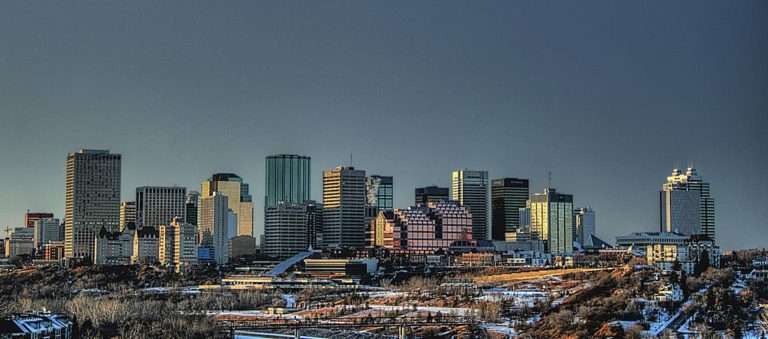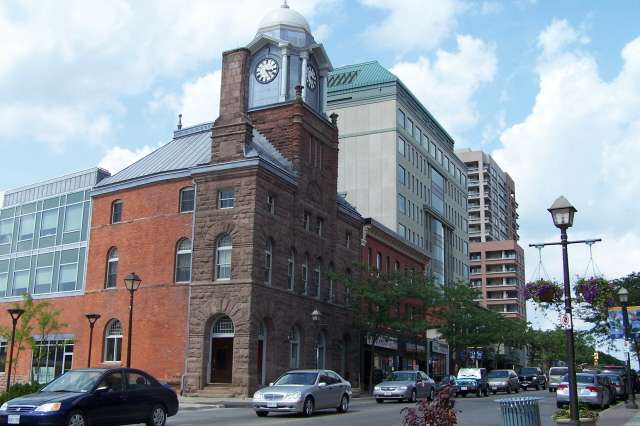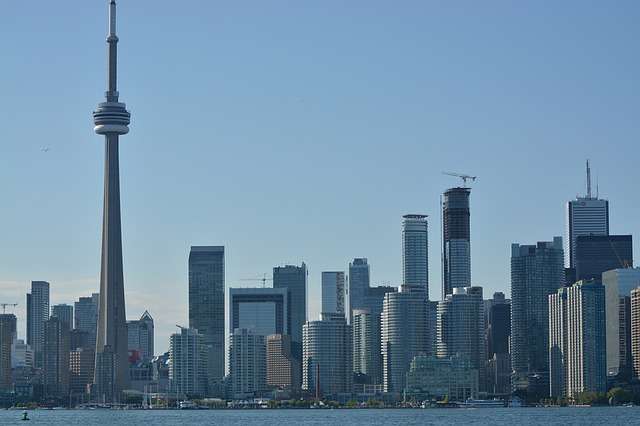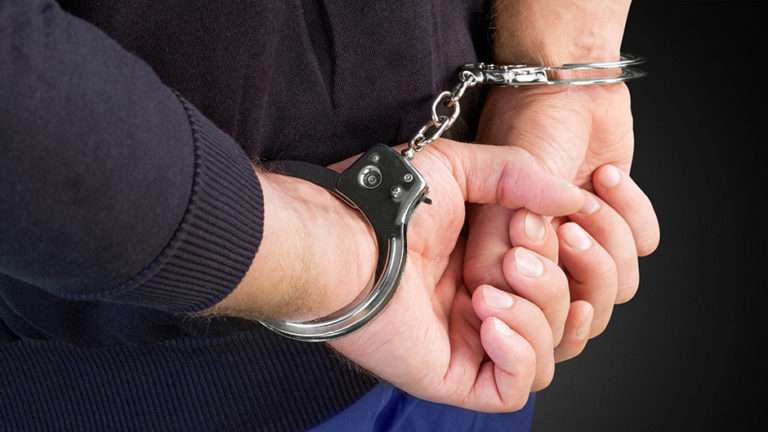What Does an Event Security Officer Do – Key Responsibilities and Duties
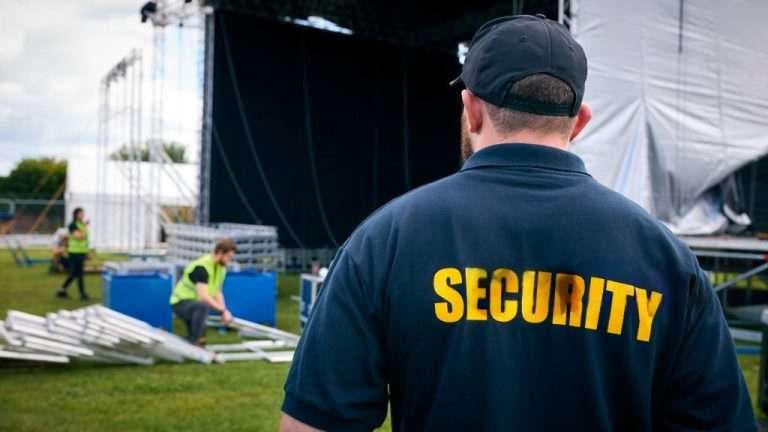
An event security officer plays a crucial role in ensuring safety and order during events.
Their main job is to protect attendees, staff, and property by monitoring the event site, checking tickets, and enforcing rules.
They also respond quickly to emergencies, like medical situations or unruly behaviour.
Event security officers are often the first line of defence against potential threats.
They watch for suspicious activity, control access points, and coordinate with local law enforcement if needed.
Their presence helps deter crime and maintain a secure environment.
Being prepared is key.
You might see security officers conducting patrols, inspecting bags, and assisting with crowd control.
They are trained to handle various situations, from minor disturbances to large-scale emergencies, ensuring everyone has a safe and enjoyable experience.
Roles and Responsibilities
Event security officers play a vital role in ensuring the safety and smooth operation of events.
They manage access control, oversee crowd behaviour, respond to emergencies, and maintain surveillance to prevent risks.
Access Control
You must monitor entrances and exits, checking tickets or credentials to make sure only authorized people enter the event.
This includes setting up barriers or other control measures.
It's crucial to be attentive to prevent unauthorized access, which can pose safety threats.
You also need to be ready to handle situations where guests do not comply with entry protocols, ensuring safety without causing undue disruption.
Crowd Management
Your job involves monitoring the behaviour of the crowd and implementing strategies to keep everyone safe.
This might include guiding people, setting up barriers, and sometimes using megaphones for communication.
Being able to spot potential problems, like overcrowding or aggressive behaviour, helps prevent injuries or accidents.
Effective crowd management ensures everyone enjoys the event safely.
Emergency Response
In case of emergencies like medical issues, fires, or security threats, you must act quickly and efficiently.
This involves knowing the event plans, emergency exits, and how to use communication tools to alert other security staff or emergency services.
Your quick thinking and calm behaviour can save lives and prevent panic.
You must be prepared for various scenarios and capable of making decisions under pressure.
Surveillance
Keeping an eye on the event through surveillance is essential to spot suspicious activity or safety hazards.
You might use cameras, patrol the area, or both.
Surveillance helps you detect and address issues before they escalate.
This proactive approach helps maintain a secure environment, allowing guests to enjoy the event without worrying about their safety.
Skills and Competencies
An event security officer must possess various skills to manage safety and security at events effectively.
These include strong communication, physical fitness, keen observation, and problem-solving abilities.
Communication Skills
You need excellent communication skills to work as an event security officer.
This means being able to clearly explain rules and procedures to attendees.
It’s also important to listen carefully to any concerns or issues they might have.
Good communication helps you work well with your team and other event staff.
If there's an emergency, you must provide clear instructions quickly.
Being polite and respectful when speaking to people can also help prevent potential conflicts.
Physical Fitness
Being physically fit is crucial.
You may need to stand for long periods, patrol large areas, or respond quickly to emergencies.
Your job might also involve moving or restraining individuals, so strength and endurance are important.
Regular exercise, a balanced diet, and proper rest can help maintain your physical readiness.
Being fit not only ensures you can perform your duties but also sets a positive example for others at the event.
Observation Skills
Sharp observation skills allow you to notice unusual behaviour, identify potential threats, and spot safety hazards.
Attention to detail helps you monitor crowd movements and detect issues before they escalate.
Regular training in situational awareness can enhance your observation skills.
It's important to stay alert and focused, even during long shifts.
Noticing small details can make a huge difference in maintaining a safe environment.
Problem-Solving Abilities
Effective problem-solving is essential.
You need to think quickly and calmly in stressful situations.
This could involve de-escalating conflicts, making quick decisions during emergencies, or finding solutions to unexpected issues.
Practice helps improve these abilities.
Training scenarios and real-life experiences can teach you how to remain calm under pressure.
Good problem-solving skills help ensure the safety and smooth operation of the event.
Training and Certification
Event security officers need proper training and the right certifications to do their jobs well.
Learning about industry training programs and knowing the process for security licensing is critical for those who want to work in this field.
Industry Training Programs
Industry training programs help you learn the skills needed for event security.
These programs often cover topics like crowd control, conflict resolution, and emergency procedures.
Some training programs include:
- Basic Security Guard Training: Teaches fundamental skills like first aid and how to handle disruptive behaviour.
- Advanced Security Courses: Focus on more complex issues like risk assessment and detailed incident reporting.
Training is usually a mix of classroom lessons and practical exercises.
It's crucial to stay updated with the latest techniques and best practices.
Security Licensing
To work as an event security officer, you need a security licence.
Typically, this process includes:
- Completing required training: You must finish a recognized training program.
- Background checks: Authorities will check your criminal record.
- Pass an exam: Testing your knowledge of security procedures.
Once you meet these requirements, you can apply for a licence.
Regulations may vary depending on your location, so always check local rules.
Keeping your licence valid might also require ongoing training or renewal every few years.
Work Environment
Event security officers work in various settings, including both indoor and outdoor locations. Their schedules can vary widely depending on the type of events they cover.
Indoor and Outdoor Venues
Event security officers may work in places like concert halls, sports arenas, exhibition centres, and conference facilities. Each location has different needs.
Indoor venues often have set entry and exit points to monitor.
They may also provide controlled environments that can make managing crowds a bit easier.
At these locations, you might also need to ensure that the venue complies with safety regulations, such as capacity limits and emergency exits.
Outdoor venues include things like festivals, outdoor concerts, and sports events.
These places can be more challenging due to weather conditions and open spaces.
You might have to set up temporary barriers, manage parking, and keep an eye on large, dispersed crowds.
Outdoor events may also require more coordination with local authorities for traffic control and emergency services.
Varying Work Hours
Event security officers often work irregular hours that include nights, weekends, and holidays.
Your schedule depends on the timing of the event you are covering. Preparation and post-event work can also extend your hours.
For example, a music festival may require you to start early to set up and stay late to ensure everyone has safely left.
Alternatively, a sporting event might involve a few hours of work before, during, and after the match.
The need for flexibility is critical as event timing can change, and last-minute issues may arise, requiring your presence.
Legal and Ethical Considerations
Event security officers must follow legal guidelines and maintain ethical standards while performing their duties.
Understanding Legal Authority
As an event security officer, you need to know the legal limits of your authority.
This includes understanding when you can detain someone, how to handle evidence and the proper way to interact with law enforcement.
You are not a police officer and must act within the scope of your training and permission.
Practising due diligence and documenting incidents accurately is key.
Each province may have different regulations, so stay informed about local laws and regulations.
Ethical Conduct
Maintaining ethical conduct is crucial in event security.
You must treat everyone with respect and fairness, regardless of their background.
Avoid any form of discrimination or profiling.
Always prioritise the safety and rights of individuals attending the event.
Upholding confidentiality is also essential, especially when dealing with sensitive information.
Stay transparent in your actions and report any unethical behaviour immediately.
Frequently Asked Questions
Event security officers play various important roles in ensuring everyone's safety. They need certain skills and collaborate with other staff and emergency services.
What responsibilities does an event security officer have during an event?
During an event, an event security officer monitors entrances and exits, checks tickets, and ensures that only authorized individuals enter.
They might also control crowds during busy times.
What proficiencies are required for a position in event security?
Necessary proficiencies include strong communication skills, physical fitness, and the ability to stay calm in tense situations. Understanding basic safety procedures is also important.
How does an event security guard ensure the safety of attendees?
To ensure safety, event security guards conduct regular patrols, respond quickly to incidents, and enforce rules.
They might also perform bag checks and monitor for suspicious behaviour.
What are the typical duties outlined in a job description for an event security guard?
Typical duties include coordinating with event organizers, securing entry points, and providing assistance to attendees.
They may also report incidents to supervisors and maintain clear records.
In what ways can an event security supervisor contribute to effective safety management?
An event security supervisor oversees security personnel, develops safety plans, and conducts training.
They ensure that all team members follow protocols and communicate effectively.
How does an event security team interact with other staff and emergency services?
Interaction with other staff and emergency services is crucial. They work together to handle emergencies, such as medical incidents or evacuations. They also keep communication lines open during events.
Last Updated on Dec 2, 2024
